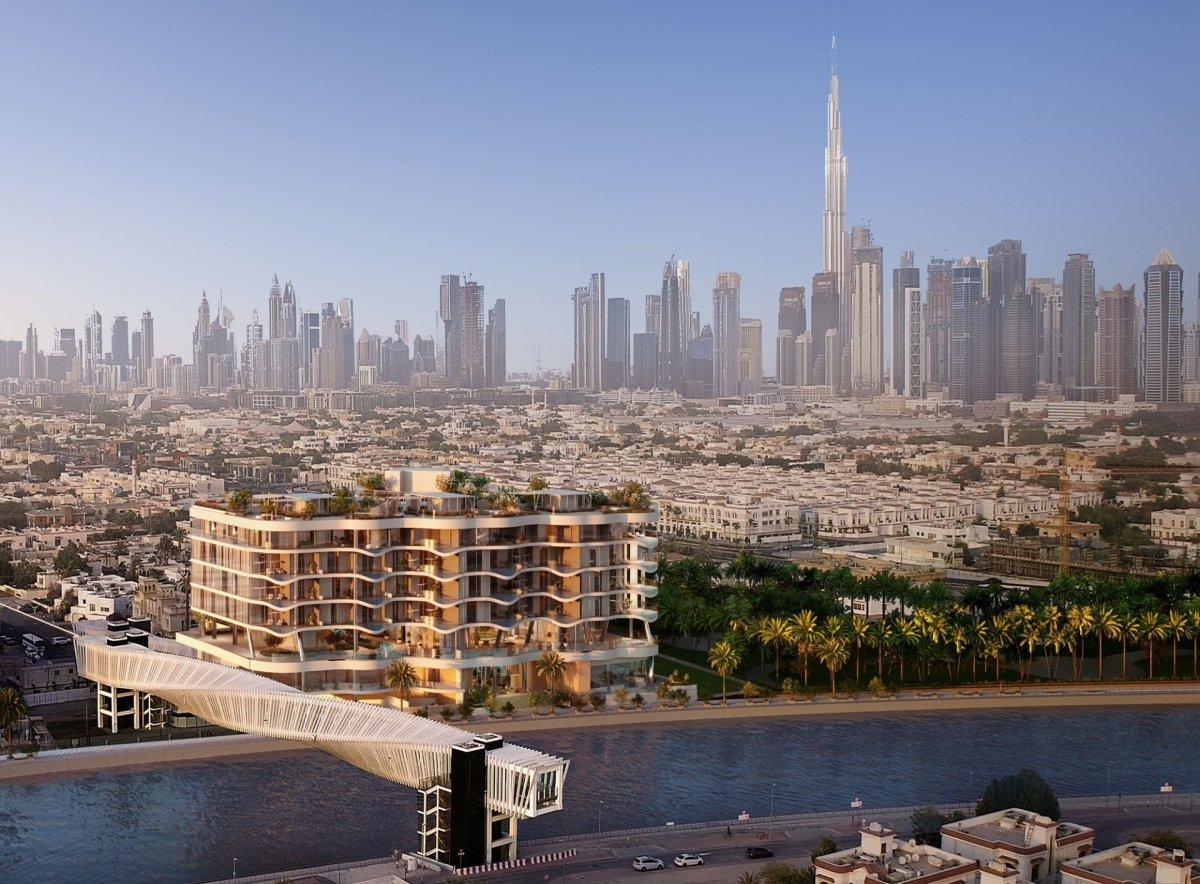How would it feel if you owned million-dollar properties and companies in a country without disclosing the source of your earnings? Doesn’t it seem like the heaven place for corrupted launderers, politically exposed persons, and fraudulents? It does. This was exposed in the Dubai property leaks some months ago, revealing how people owned billion-dollar properties in Dubai without even the fear of detecting their illicit transactions.
The investigation was conducted by more than 70 media outlets from more than 50 countries, and it revealed how, in two years, between 2020 and 2022, the elites across the world purchased the property and established the offshore companies. What is in the Dubai property leaks list, and who owns most of the property? Does Dubai have no compliance efforts in place to combat money laundering in real estate? This blog will answer all your queries and help you understand everything you need to know about Dubai real estate leaks.
All About the Dubai Leaks
The report from the 70 media outlets exposed how Dubai and the United Arab Emirates have become a hub for money laundering, tax evasion, and other financial crimes. The latest Dubai leaks exposed people from different countries, such as wealthy individuals, politicians, and criminal organizations, who exploit the city’s lax regulatory environment to conceal their assets, launder money, and purchase high-value property.
The shocking news is in the Key statistics, which reveal that an estimated $31 billion in illicit financial flows moved through Dubai, enough to buy the whole Burj Khalifa not once but twice. Was that news surprising or funny? Ask yourself.
Discovering the Owners of Dubai Real Estate
The data revealed that the organization OCCRP published the record of people, including the countries who became the highlights of these leaks.
Which Country Owns the Most?
Among all countries, India purchased the most property in the United Arab Emirates in the two years exposed in the Dubai leaks in 2024, with 17 billion dollars worth of real estate ownership. Surprisingly, its neighboring country, Pakistan, comes next on the list.
The army’s top brass, politicians, and elite business class are among those who owned more than 12 billion dollars worth of property in the same tenure. The UK comes in at number three with a 10 billion dollar property, and KSA is at number four with a more than 8 billion dollar property.
Why is Dubai Considered the Best Place for Real Estate?
People who have illegally obtained money often see Dubai as an attractive place to purchase property. Why is it? Let’s find out the reasons for this.
Lax Regulatory Environment:
Dubai has relatively lenient regulations for combating money laundering crimes. Its recent inclusion in the FATF gray list is a testament to this. This makes it easier for dirty money to be integrated into the legitimate economy through real estate.
Extra Secrecy and Confidentiality of Ownership:
The state ensures that the property owners are not public about the ownership structure, which criminals want. It also allows individuals to purchase real estate through offshore companies or trusts, which helps obscure the actual ownership and origin of the funds.
Cash Transactions:
Despite being the hub of international tourists and business, Dubai still relies on accommodated cash transactions. Keeping a record of cash transactions is very complicated, which helps launderers, politicians, and military brass purchase properties without scrutinizing bank transactions.
Read more: https://classroom6x.co.uk/virtual-branch-the-future-of-banking/
Lack of Anti-Money Laundering (AML) Measures:
After the city faced penalties in the form of gray list inclusion in 2022, it made many amendments to AML regulations in Dubai to avoid the chances of money laundering and other financial crimes.
Efforts Made by the Dubai Government After the Leak
The weak compliance efforts have encouraged the world’s elites to purchase property with illicit funds in Dubai. This put extra pressure and criticism on the country regarding the regulatory framework and compliance efforts. Including the UAE on the Financial Action Task Force (FATF) gray list in 2022 was a clear signal that more stringent measures were necessary.
Strengthening AML Regulations
So, to ensure that such leaks do not happen in the future, Dubai has made many changes in its compliance programs and implemented several critical reforms aimed at expanding its Anti-Money Laundering (AML) and Counter-Terrorism Financing (CTF) regimes,
including customer due diligence, transaction monitoring, reporting process, increased penalties for businesses not complying with the AML regulations, and so on.
What Should You Need to Learn from Dubai Leaks?
Running a business, particularly a financial institution, requires implementing robust AML regulations within the organization to avoid any penalty from the government or international regulatory bodies. This can help prevent illegal money from investing in the country.
For that, AML screening and monitoring software must be in place. AML Watcher provides one such solution, reducing compliance costs and providing results with a zero false positive rate.
Crucial Components of AML Screening Checks
Anti-money laundering compliance is facilitated through a set of guidelines and protocols that ensure an effective identification and prevention of money laundering attempts. Some of the most critical components of AML solutions are briefly examined below:
- Undertaking an extensive risk-assessment approach helps financial institutions combat potential money laundering risks in real-time.
- The implementation of a streamlined ongoing AML monitoring system facilitates the continuous identification of irregularities. These checks intensify the financial examiner’s ability to counter fraudulent activities as they are highly responsive in identifying money laundering schemes.
- In addition to continuous financial monitoring, AML compliance stresses the screening of high-profile customers through customer due diligence checks. Through these checks, the customers are screened against an array of criminal watchlists to determine their financial activities and risk profiles.
- Financial institutions must track the customer’s transactional pattern by specifying a regulatory threshold, which prevents the imposters from conducting extensive fund transactions across borders.
- Finally, illicit financial activities must be reported to the Suspicious Activity Reporting (SAR) department, which counters the terrorist financing and money laundering threats instantly without making the suspect aware of the screening procedure. Visit classroom6x for more stuff.





